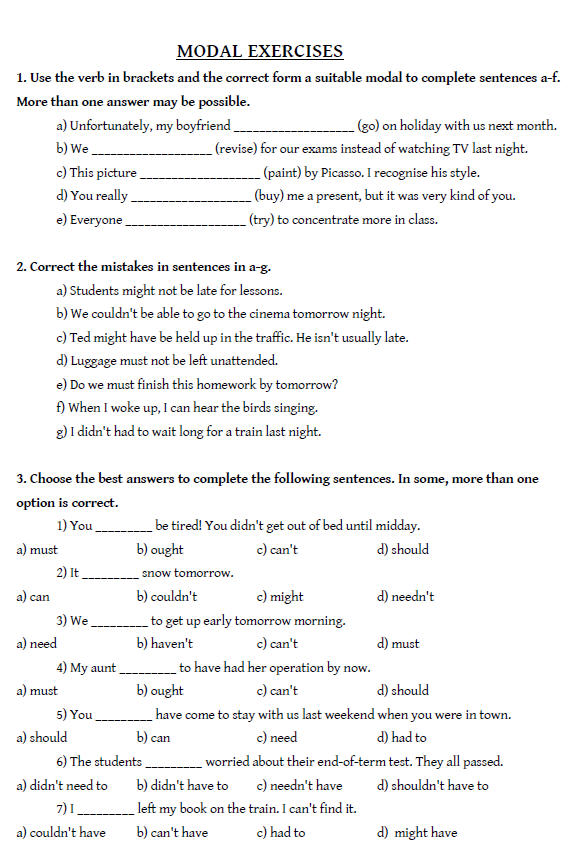
John should have left early, then he wouldn’t have missed the plane (= but he didn’t leave early and so he did miss the plane).Ģ: We can also use should have + past participle to talk about something that, if everything is normal and okay, we think has already happened.You should have called me when you arrived (= you didn’t call me and I was worried.I shouldn’t have eaten so much cake! (= I did eat a lot of cake and now I don’t feel good.).I should have gone to bed early (= I didn’t go to bed early and now I’m tired).I should have studied harder! (= I didn’t study very hard and so I failed the exam.Shouldn’t have + past participle means that something wasn’t a good idea, but you did it anyway. It’s like giving advice about the past when you say it to someone else, or regretting what you did or didn’t do when you’re talking about yourself. He might have forgotten that we were meeting today.ġ: Should have + past participle can mean something that would have been a good idea, but that you didn’t do it.We can also choose to use might have + past participle to mean the same thing: He could have forgotten that we were meeting today.We’re just talking about our opinion of what maybe happened. (See also modals of probability.) In this case, we don’t know if what we’re saying is true or not true. It’s a really, really difficult exam.Ģ: We use could have + past participle when we want to make a guess about something that happened in the past.


Shall as obligation should modal verbs in English grammar

Using shall in English with examples in Urdu
ENGLISH MODAL VERBS EXERCISES PDF DOWNLOAD
Modal-Verbs-With-Examples-in-Urdu Download


 0 kommentar(er)
0 kommentar(er)
